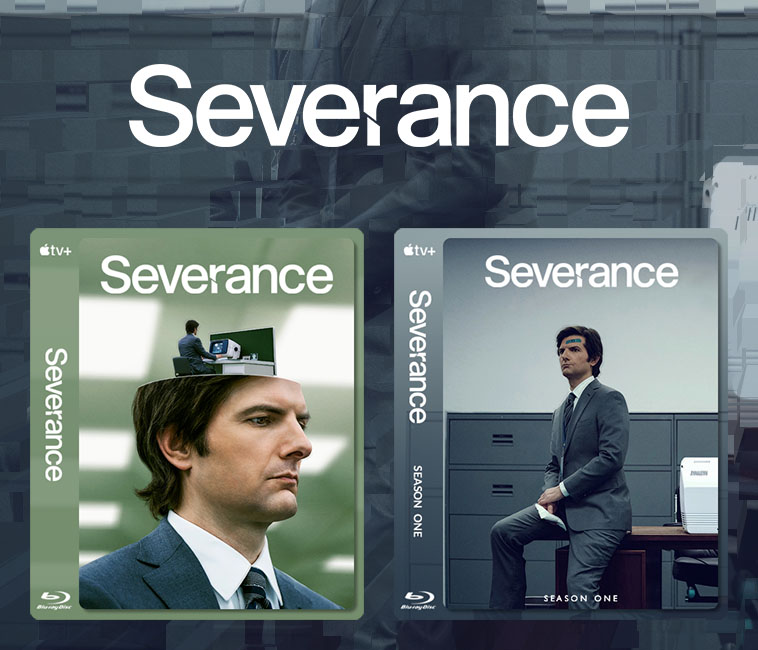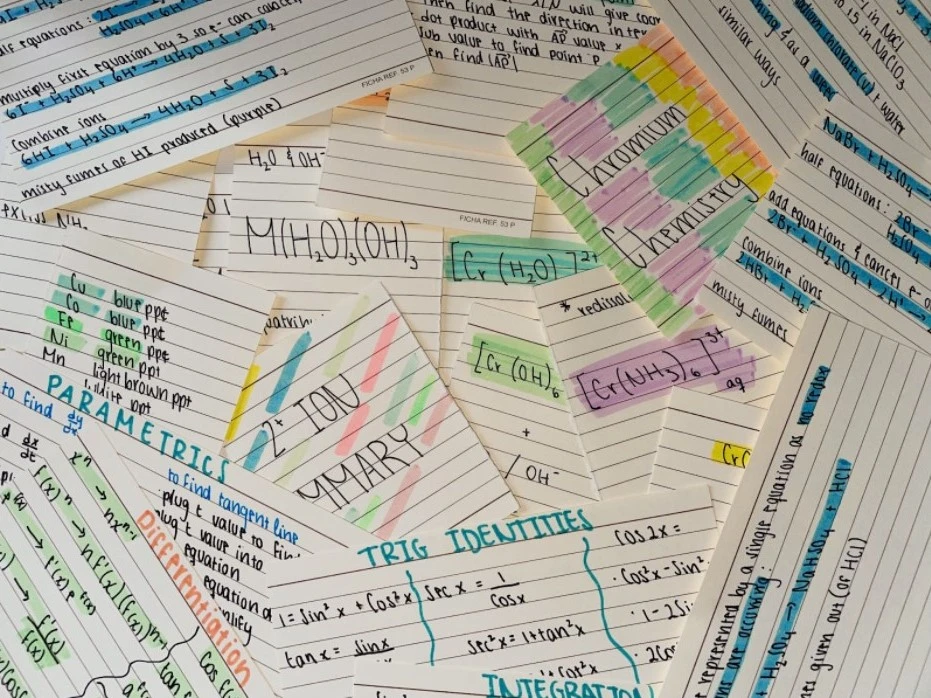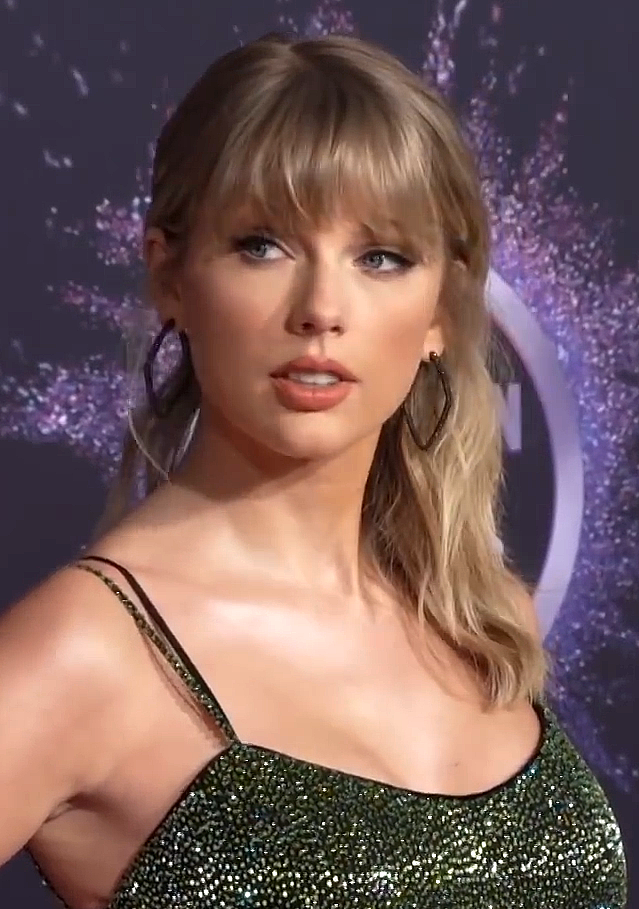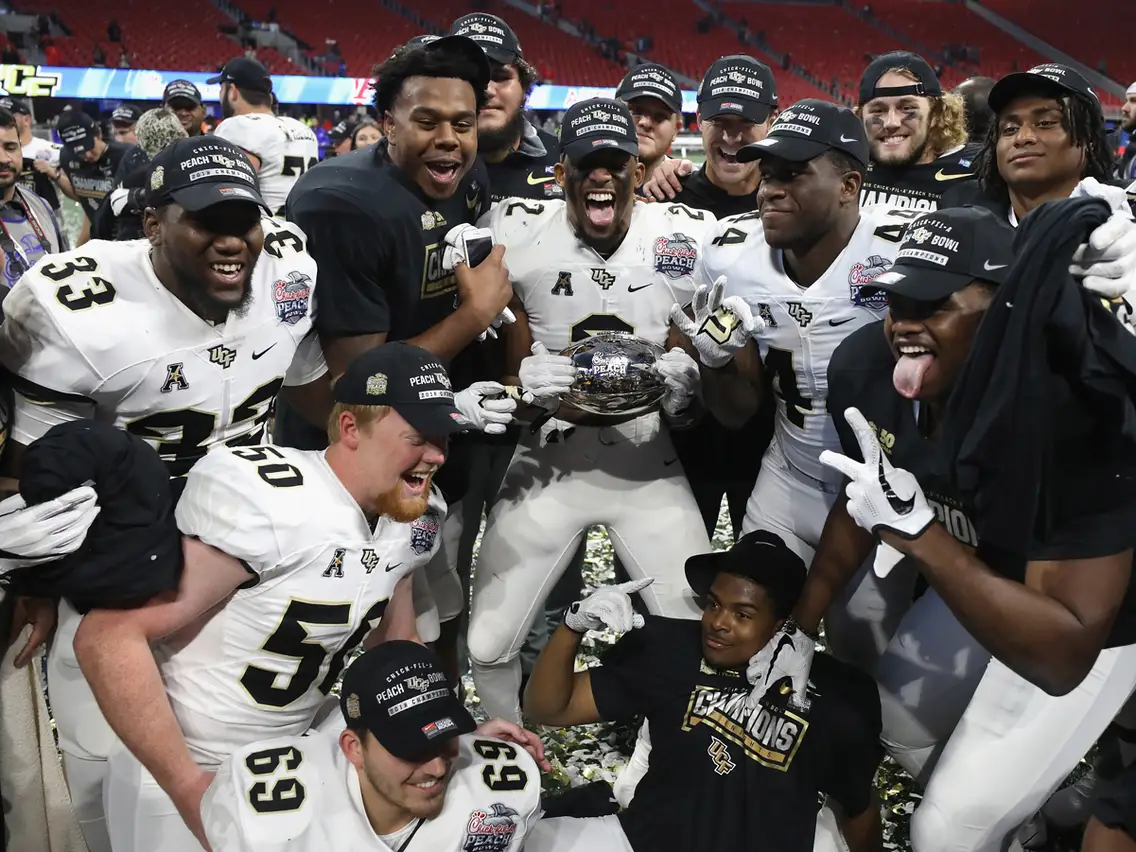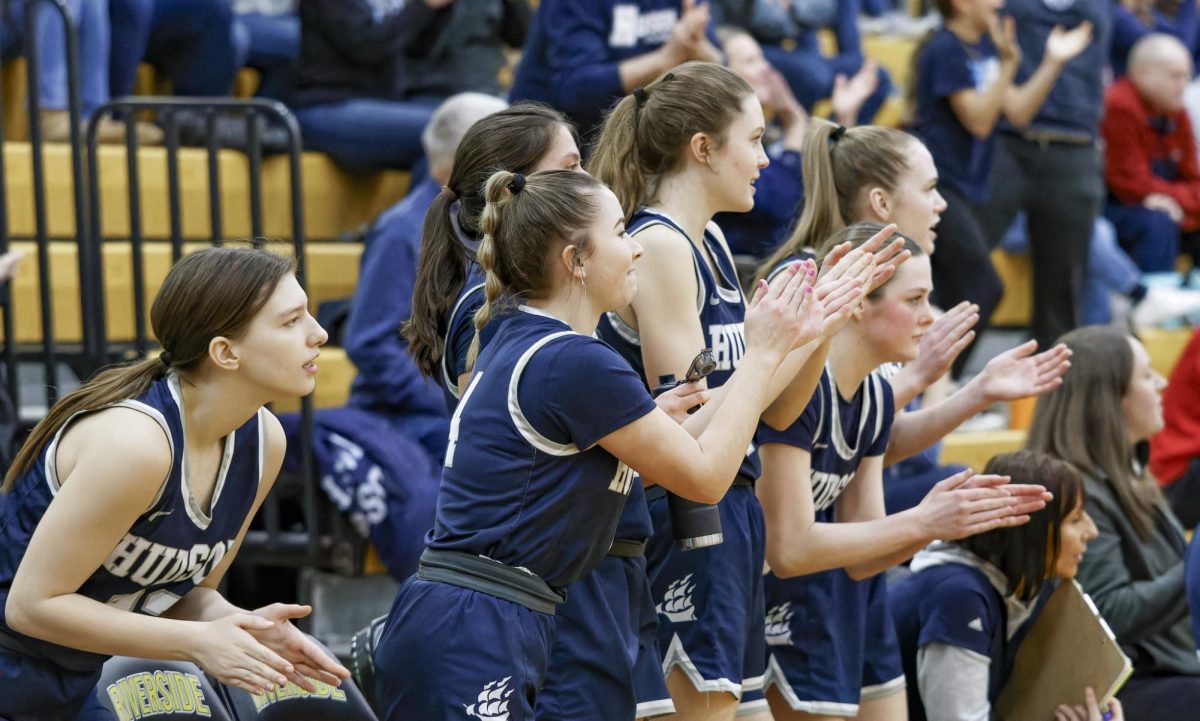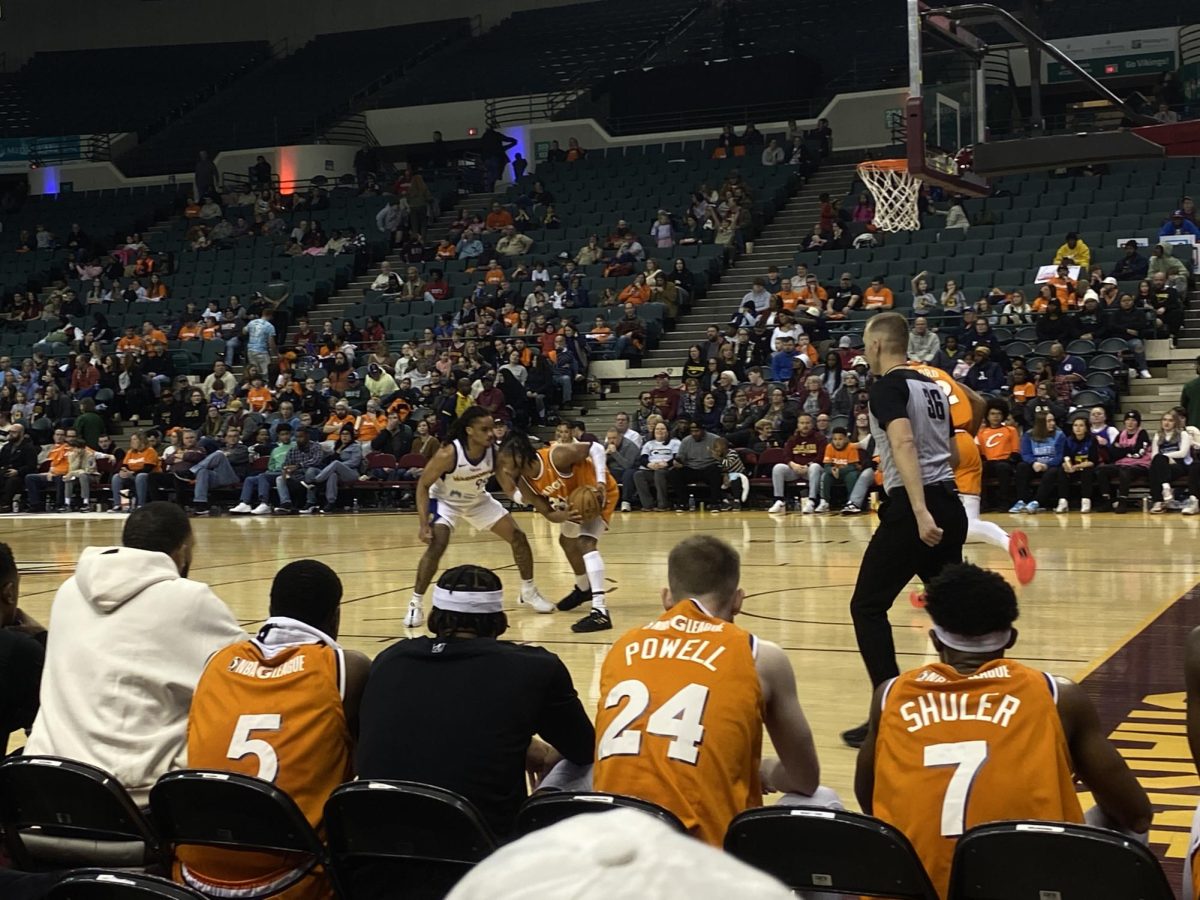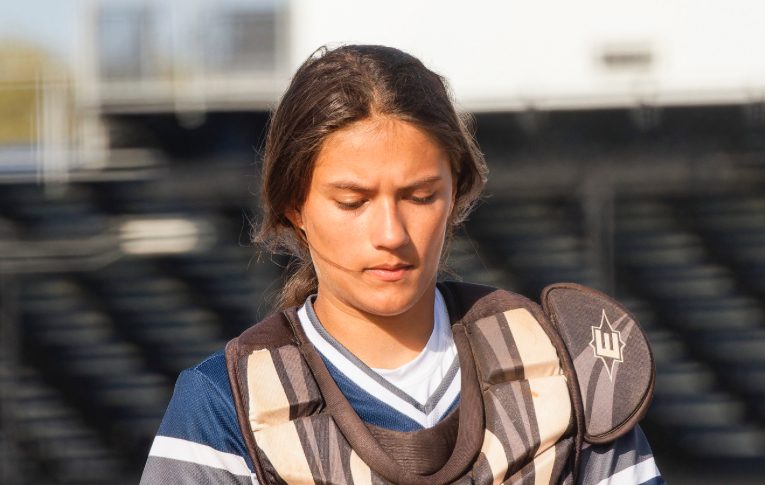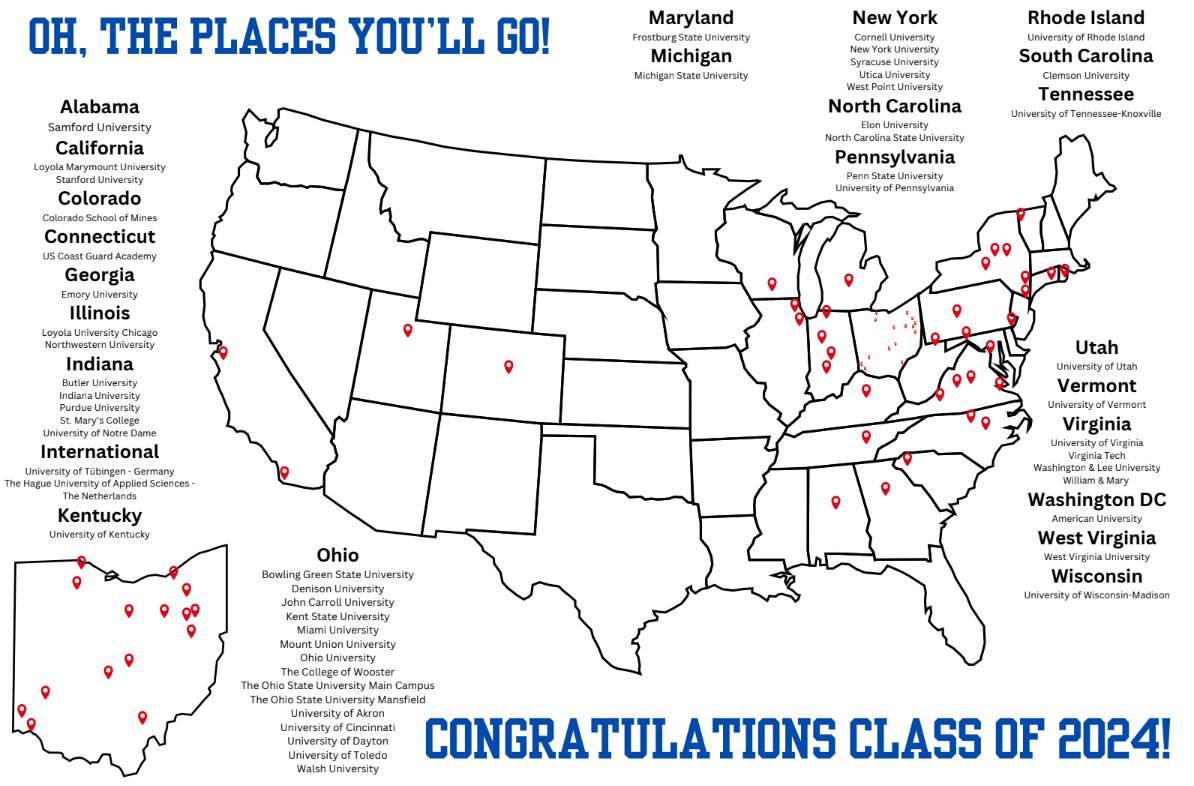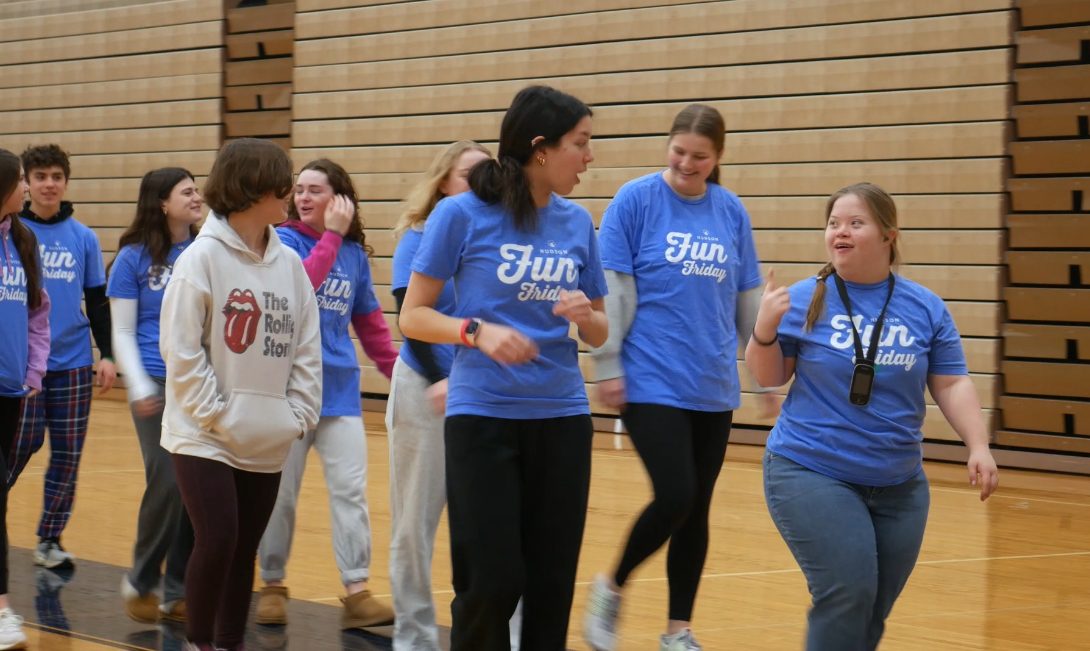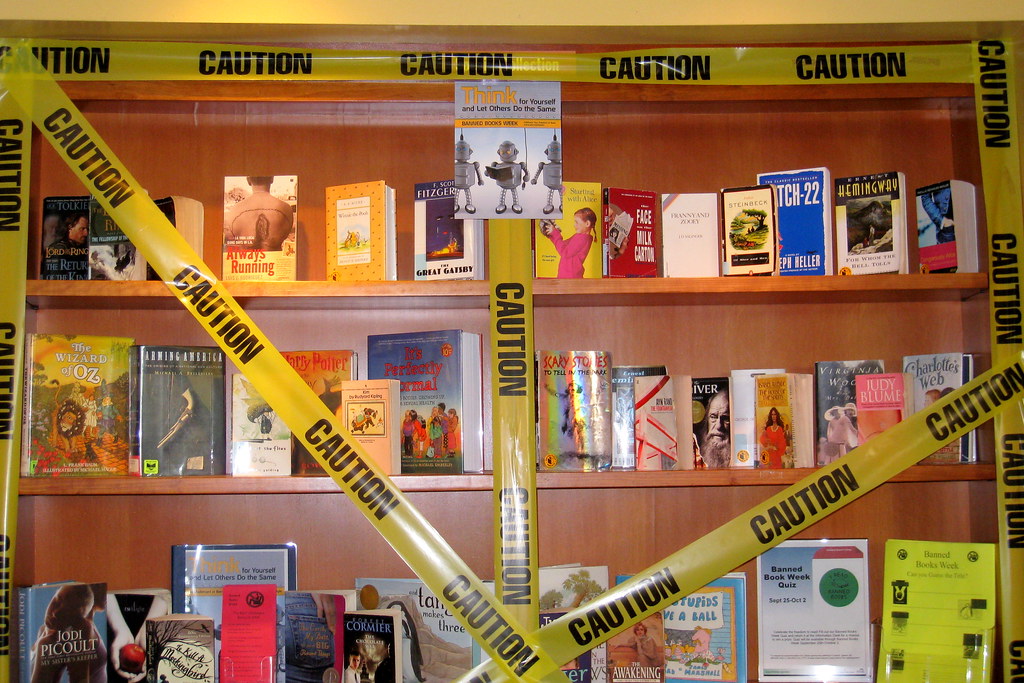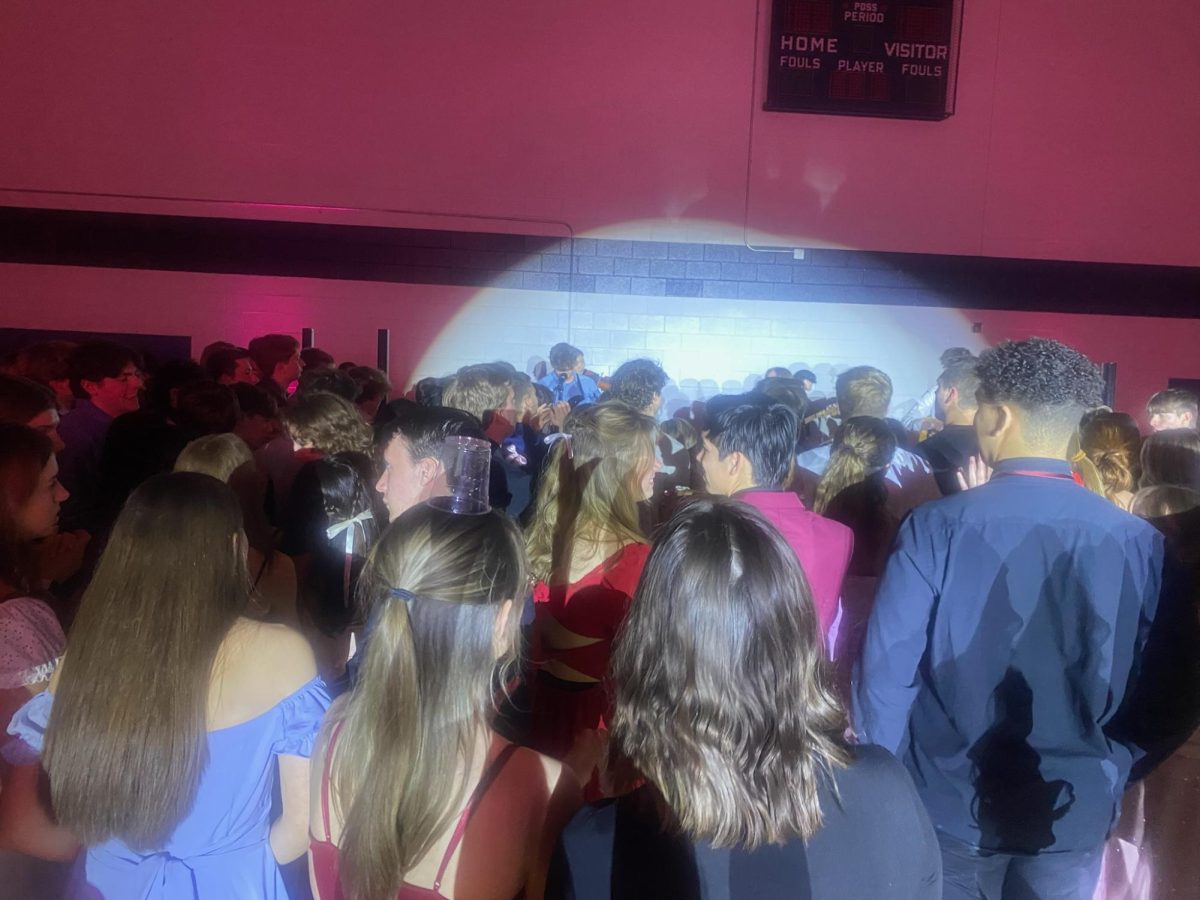The practice of banning books is used as a precaution against readers being swayed by their contents. It has been utilized throughout American history, with books that contain issues of race, gender, class, religion and sexuality being the main targets.
In 2023, most book bans are being implemented in school libraries when parents challenge books they feel should not be read by students. Parental concern for and regulation of the content a student consumes is commendable, but when the books under fire are those telling the stories of disenfranchised and historically oppressed groups, the motivations for these concerns become questionable.
A study by PEN America found that in the 2021-2022 school year, 41% of banned books contained LGBTQ+ themes. Many books that were suppressed were incorrectly labeled as “pornography” by conservative groups because they featured LGBTQ+ characters (even minor ones) or discussions at all relating to sexuality.
Groups like this also target books that discuss race and racism. In their 2021-2022 study, PEN America reported that 40% of books that were banned depicted characters of color (protagonists and outstanding secondary characters), while 21% were titles addressing race.
These book bans limit the perspectives that young readers have access to, thus narrowing their worldview. This can impede the development of traits like empathy and open-mindedness in younger students and foster ignorance.
Many students across the nation also rely on school libraries for their independent reading. Students who can access books outside of school may not be as affected by book bans, but those who cannot will be at a disadvantage both academically and socially.
Academically, students who start out with less access to information than their peers will have to spend more time catching up and trying to understand concepts that their peers have already been exposed to. The social impacts are rooted in the same issue. Firstly, the time spent catching up in school could cut in on the time that could be spent developing and maintaining relationships. Secondly, if someone does not grow up impacted by issues like racism, sexism and homophobia, and they do not have access to books that detail the experiences of people who have been subject to those problems, they will have no context for countless political and social issues (for which they could potentially be ostracized).
Entering the world after high school could be a rude awakening for them as well if they are unprepared for the realities that other people face. There is also a chance that if most of the books someone has access to are about people like them, they might have a hard time dealing with the fact that most people are different from them.
Banning a book because a small group takes issue with its contents can restrict the academic potential of other students who are not involved. Though parents may have a right to limit what books their child reads, they do not have the right to regulate what content other students consume. The topics that some parents find offensive might be seen as beneficial or intellectually stimulating to others, so basing the selection of books available at a school on the preferences of a few people does not provide all students with the education they might desire.
Historically speaking, book banning has been incredibly harmful, as it has been used by violent extremist groups in order to eliminate opposing viewpoints. The book banning currently happening is not on the same scale, but it has the potential. To avoid repeating hate-filled history in any way, it is best to end the unnecessary book bans in schools and everywhere else.






